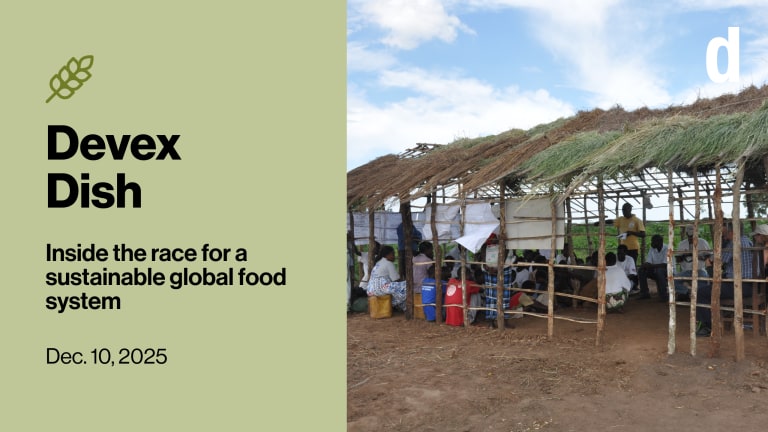Two Republican lawmakers want the U.S. Agency for International Development to turn over nonpublic information about the overhead rates it negotiates with NGOs, United Nations agencies, and contractors that deliver humanitarian assistance on its behalf.
These Negotiated Indirect Cost Rate Agreements — or NICRAs — allow organizations to use a portion of the funding they receive from the U.S. government to pay for things like employee benefits, rent and facilities expenses, and administrative and support personnel costs. USAID and its partners do not typically make these rates public since doing so could affect business competitiveness.
The heightened scrutiny comes on the heels of unprecedented bipartisan budget allocations for USAID in response to the war in Ukraine and the lingering fallout from the COVID-19 pandemic. Lawmakers approved supplemental funding that pushed USAID’s spending to more than $30 billion last year — and some of them are following that up with a closer look at the agency’s books.
This story is forDevex Promembers
Unlock this story now with a 15-day free trial of Devex Pro.
With a Devex Pro subscription you'll get access to deeper analysis and exclusive insights from our reporters and analysts.
Start my free trialRequest a group subscription







